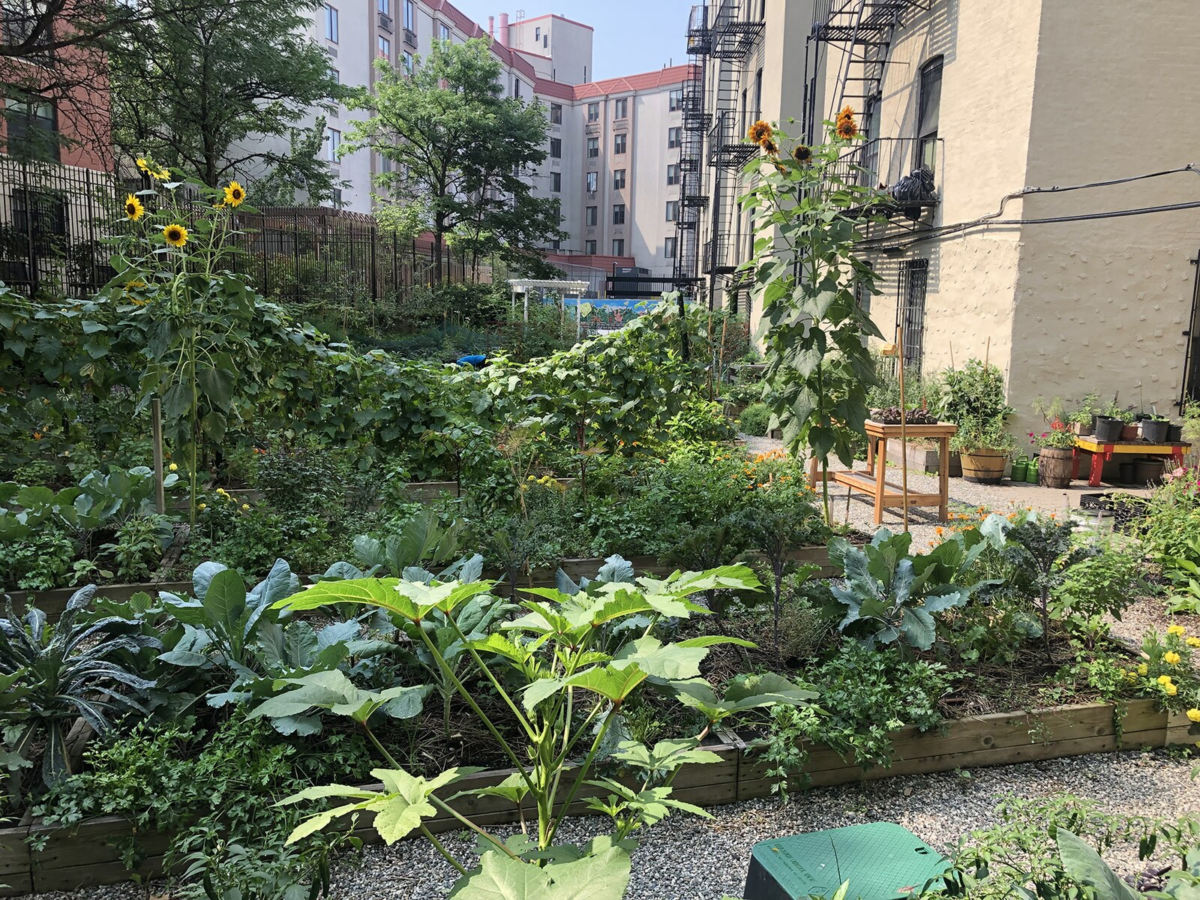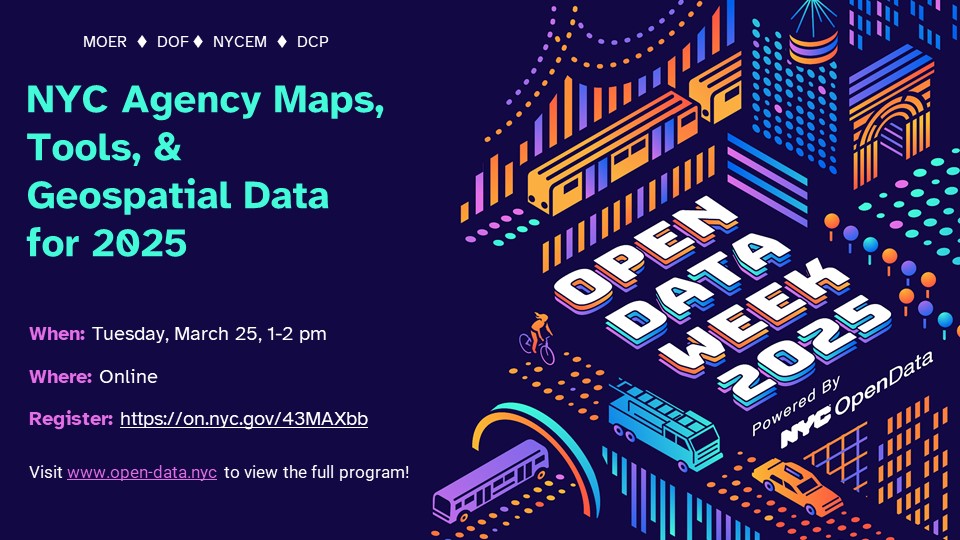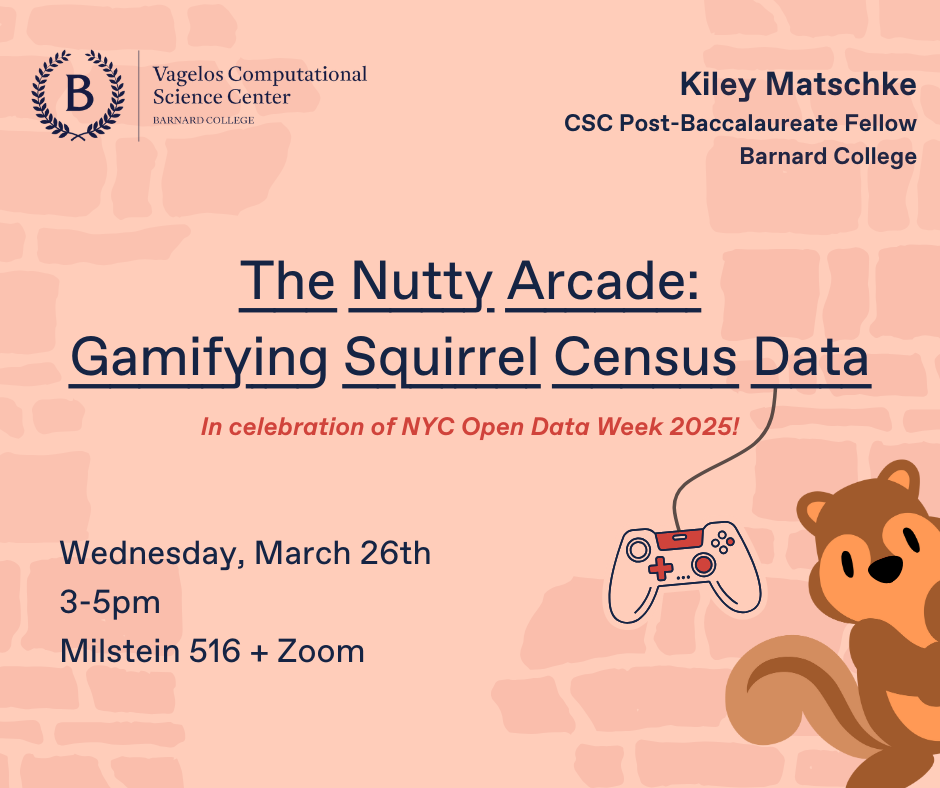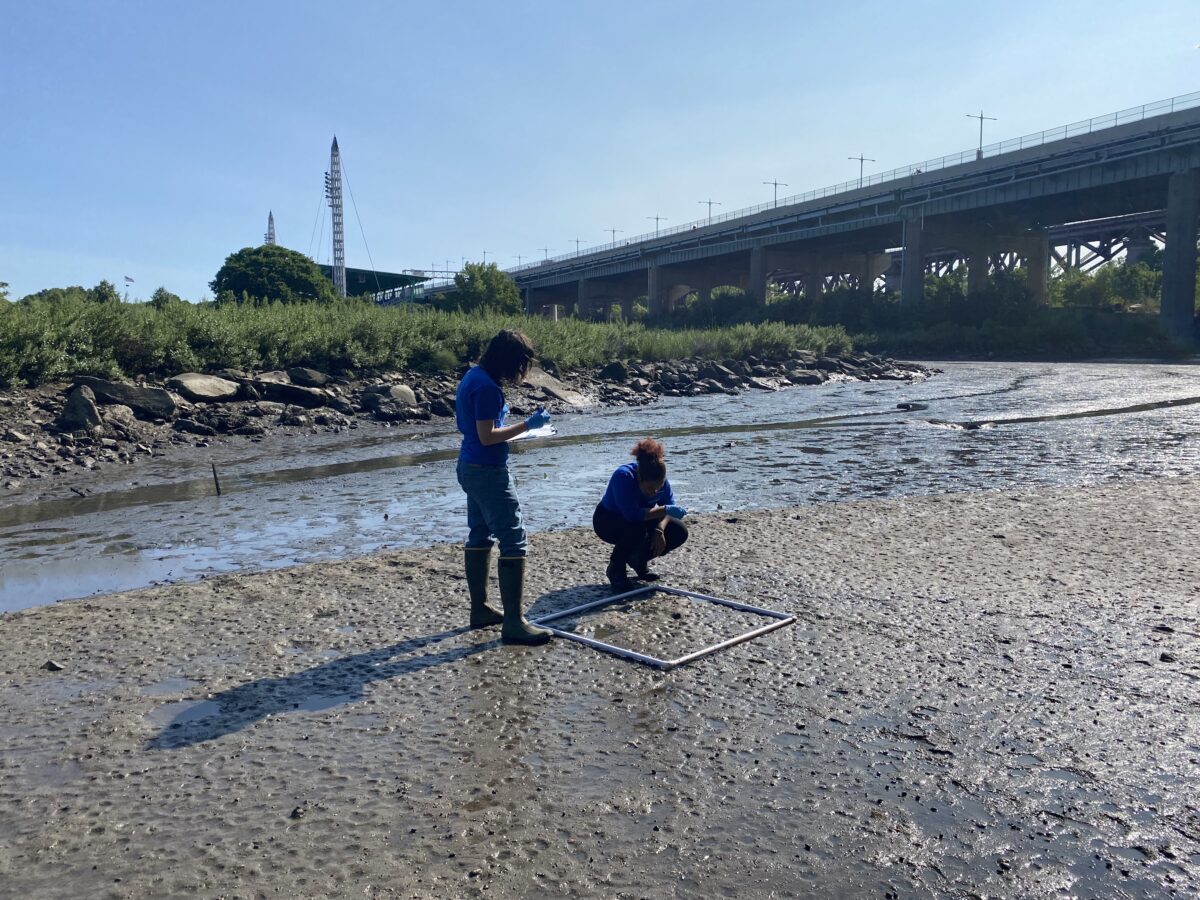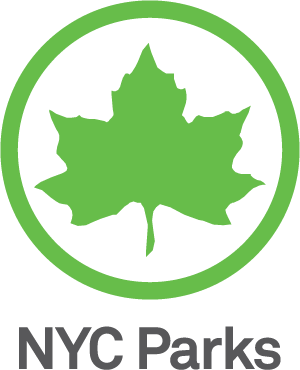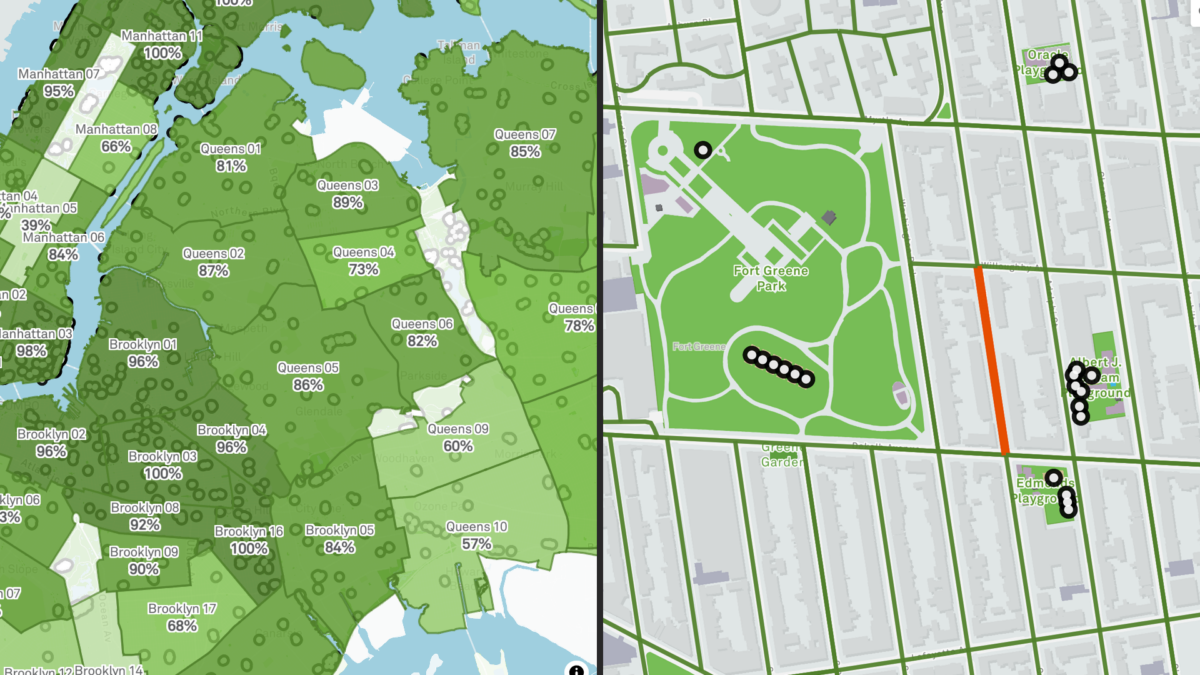You are invited to celebrate and document the vibrant urban ecologies of New York City in an engaging edit-a-thon event. This special day is dedicated to contributing to open data projects and expanding the digital landscape of urban agriculture through collaboration with experienced WikiNYC editors and open data enthusiasts. Whether you are a seasoned Wikipedia editor or new to the process, your knowledge and stories are welcome. Join us to help preserve and amplify the impact of these cherished green spaces!
Hosted By: Farming Concrete, Wikimedia NYC, Prime Produce, Seeds to Soil, Cafe 242 Hell’s Kitchen
Introduction to Wikipedia and Open Data Editing: Learn how to edit Wikipedia and contribute to open data platforms with guidance from experienced editors and open data specialists. Projects will include:
– Open Street Map + Farming Concrete: Mapping community gardens and urban green spaces.
– WikiData and WikiBase: Adding and enhancing data about community gardens, land ownership, and urban environments.
– WikiSpore: Exploring creative documentation and storytelling.
– Open Source Flexibility: If you are interested in editing other open-source projects or platforms not explicitly listed, there will be opportunities to explore and work on them with available support.
Documentation and Story Sharing: Share your firsthand experiences and narratives about community gardens and farms, linking them to credible primary and secondary sources.
Open Data Exploration: Collaborate on projects related to land ownership, urban heat data, and civic ecology.
Contribute Your Visuals: Bring photographs, videos, and other media that capture the essence and beauty of community gardens to enrich the visual narrative.
Together, we’ll document, map, and celebrate community gardens—putting them on the global digital map!
What to Bring:
– Articles of Interest: Publications or written materials relevant to urban agriculture and community gardens.
– Lists and Ideas: A list of community gardens or related projects you’re interested in documenting.
– Photographs and Media: Any media or documentation to help visualize these spaces.
– Reference Sources: Bring any citations or resources to enhance the content.
– Devices: Laptops, tablets, or other devices for hands-on editing.
– Excitement: Bring your passion for learning, sharing, and building community!
Contact and Questions:
If you have any questions or ideas to share, reach out to kellystgreen@gmail.com.

